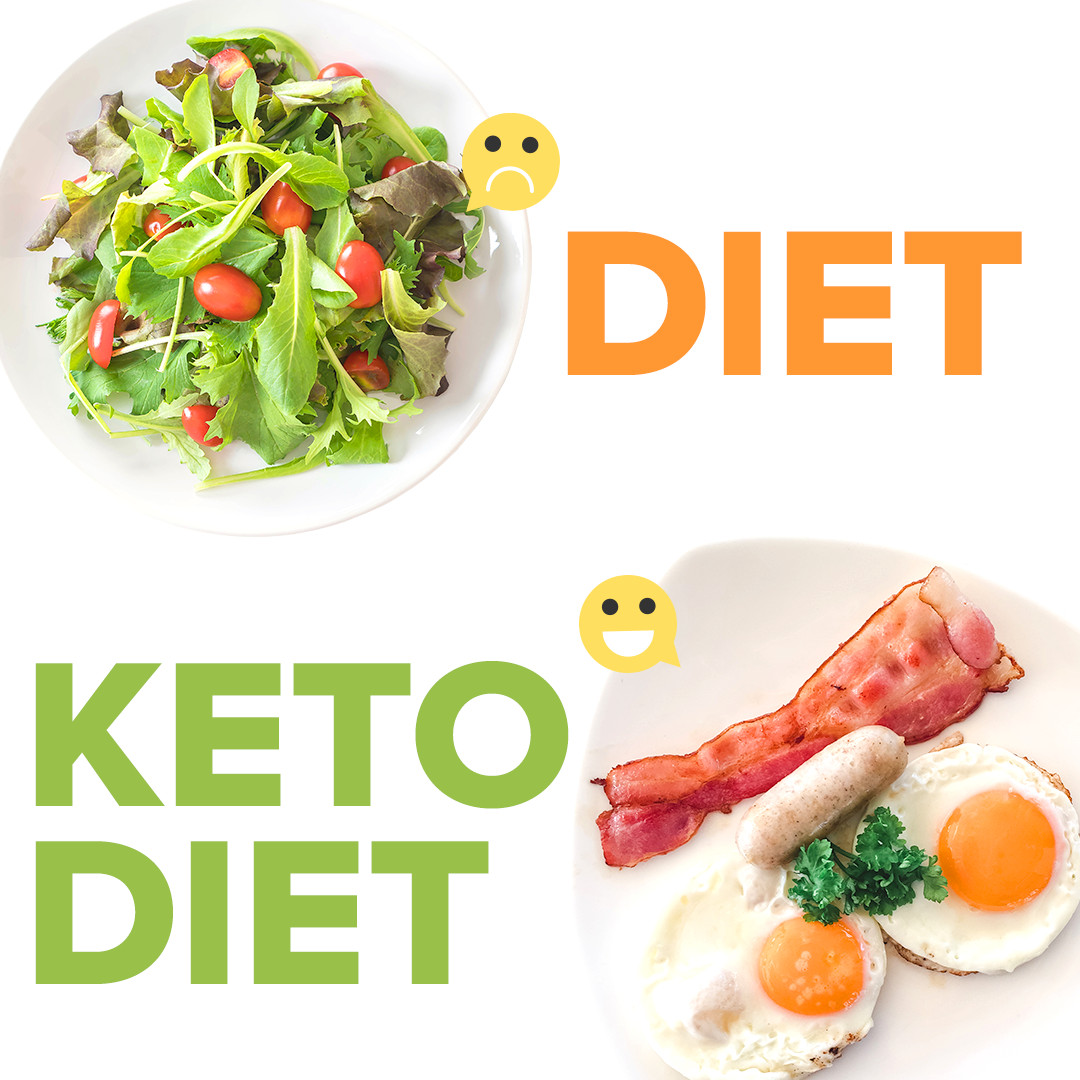9 Keto Diet Myths and Facts: What You Need to Know
Although the conversation about the Ketogenic diet is widespread, many people still find it challenging to tell what is fact or fiction. In this article, you will gain insights into the myths and facts surrounding the Ketogenic diet.
What Is Exactly Is a Keto Diet?
The Keto diet works on the principle that by depleting carbohydrates, you will burn fat for fuel, hence maximizing weight loss. It entails a gradual reduction of carbs intake and replacing it with fats.
Keto Diet Myths/Facts
Here are the common Keto diet myths and facts.
Myth 1: You Can Consume Any Fat
Fact: When practicing Ketogenic, people consume healthy fats. If you want to keep fit, avoid saturated fats, and focus on organic foods rich in fiber. To prevent any stomach discomfort, space out the quantity of your daily fat intake.
Myth 2: Weight Loss is the Only Benefit of Keto Diet
Fact: Contrary to what many believe, the Keto diet has immense benefits other than weight loss. For instance, it enhances cognitive function, boosts gut health, regulates body hormones, and stabilize blood sugar levels.
Myth 3: You Don't Need to Exercise
Fact: Exercising is highly recommended when you are on a Keto diet. However, to achieve more out of workouts, ensure you eat adequately, and allow enough time for recovery. To exercise, you may need more carbs, and it is essential to up your carb consumption on workout days.
Myth 4: Your Muscle Mass Will Reduce
Fact: As opposed to the myth, people who follow the diet while doing strength exercises gain muscles.
Myth 5: It Is Characterized By Fatigue
Fact: During the adjustment period of the diet, you may feel tired, but that condition will diminish with time. More importantly, not everyone experiences fatigue during dieting. However, if you encounter it, bear in mind that it won't last beyond a week.
Myth 6: The Diet is for a Short Period
Fact: The duration of the diet intake depends on your health and fitness goals. In most cases, the standard period is between three to five months. After this phase, you may revert to your regular eating patterns for some weeks.
Myth 7: There is no Science behind the Diet
Facts: Several scientific studies support the Ketogenic diet. For instance, particular research shows that the diet was initially created to help epileptic patients regulate seizures. Additionally, the diet helps reduce or maintain body weight.
Myth 8: Rich in a Lot of Fats and Proteins
Fact: The diet doesn't contain high fats and proteins. Depending on one's training goals, the macronutrient is apportioned based on individual requirements. For example, the typical macronutrient split for this diet includes low carbs, high fat, and moderate protein.
Myth 9: Causes Heart Attack
Fact: Keto diet encompasses the intake of saturated fats, which doesn't cause a heart attack.
Final Thoughts
This diet can help you improve your fitness and health goals. If you want to succeed in the diet, it is vital to scrutinize the myths surrounding the diet and adopt evidence-based facts.
Keto is everywhere; it's the new buzzword, the new favorite among those looking to shed pounds, and the new hate victim of the food-pyramid-spouting-eat-your-whole grains mainstream medical industry. The keto diet, while it is not the magic cure-all for every single disease on the planet, does a pretty dang good job at being the potential causer of healing many horrible conditions. So let's cut through the science, separate fact from fiction, and look at the benefits of the keto diet.
Benefit #1: Weight Loss
Okay, so this one isn't so astounding, but it is one of the most common reasons people embark on the keto diet. So why is weight loss usually so easy on the ketogenic diet instead of other regular diets? For all of the following reasons:
• The keto diet is composed of approximately 75% fat, 20 % protein, and 5% or fewer carbohydrates. The high-fat content and lack of sugar mean diminished cravings, lack of blood sugar swings and binges, and increased satiation. Increased satiation=eating less. Many people also have food sensitivities to grains, even gluten-free ones, so eliminating them may lead to an increased ability to absorb minerals like magnesium and potassium, which in turn means your body is more nourished and you have fewer cravings
• Ketones. When your blood sugar is running low, your body turns to its glycogen stores for energy. Typically glycogen stores house about 2000 calories of "backup" energy for when you run out of glucose. Like the intelligent machine it is, your body depletes the glycogen stores and then turns to your own body fat for fuel.
The ketogenic diet is not a free-for-all eat however much cheese or super low-carb fat bomb treats you want to diet. If you are eating way more calories than you need, you will not lose weight. So focus on keeping your diet around fatty cuts of grass-fed meat, butter, eggs, avocados, lots of green veggies, and cruciferous, and be modest with the keto desserts, dairy, and sweets.
Benefit #2: Brain Function
A poorly functioning brain, as you may have already experienced, leads to lessened work productivity, which in turn means an unhappy boss, lack of job satisfaction, sugar cravings for energy, and depression. It's a horrible domino effect. The original ketogenic diet was formulated by Dr. Russell Wilder in the early 20th century to treat epilepsy. The success rate was phenomenal and it is still used today to treat epilepsy and other brain disorders. Research also indicates that ketones are a more efficient brain fuel than glucose. (Source:https://www.ncbi.nlm.nih.gov/pmc/articles/PMC5102124/)
Benefit #3: Potential Cancer Benefits
One study showed implementing the ketogenic diet led to a dramatically increased survival time and slower tumor growth. (Source: https://www.ncbi.nlm.nih.gov/pmc/articles/PMC5450454/)
>>>>>>Click here to learn More<<<<<<
Important Disclaimer:
Articles provided are for general information purposes only and are not intended to substitute for informed professional medical, psychological, tax, accounting, legal, investment, or any other professional advice.
Source / Agency












Post a Comment